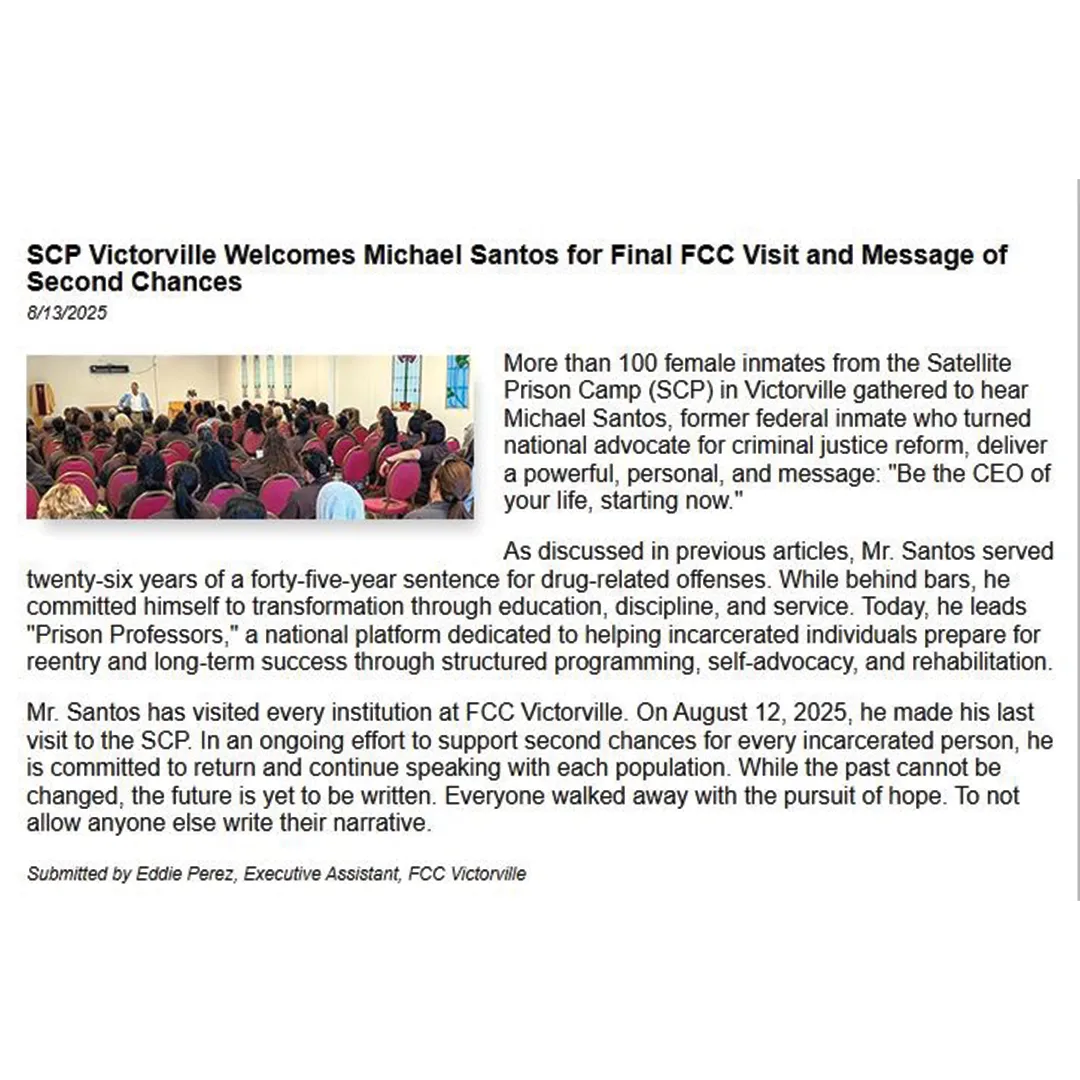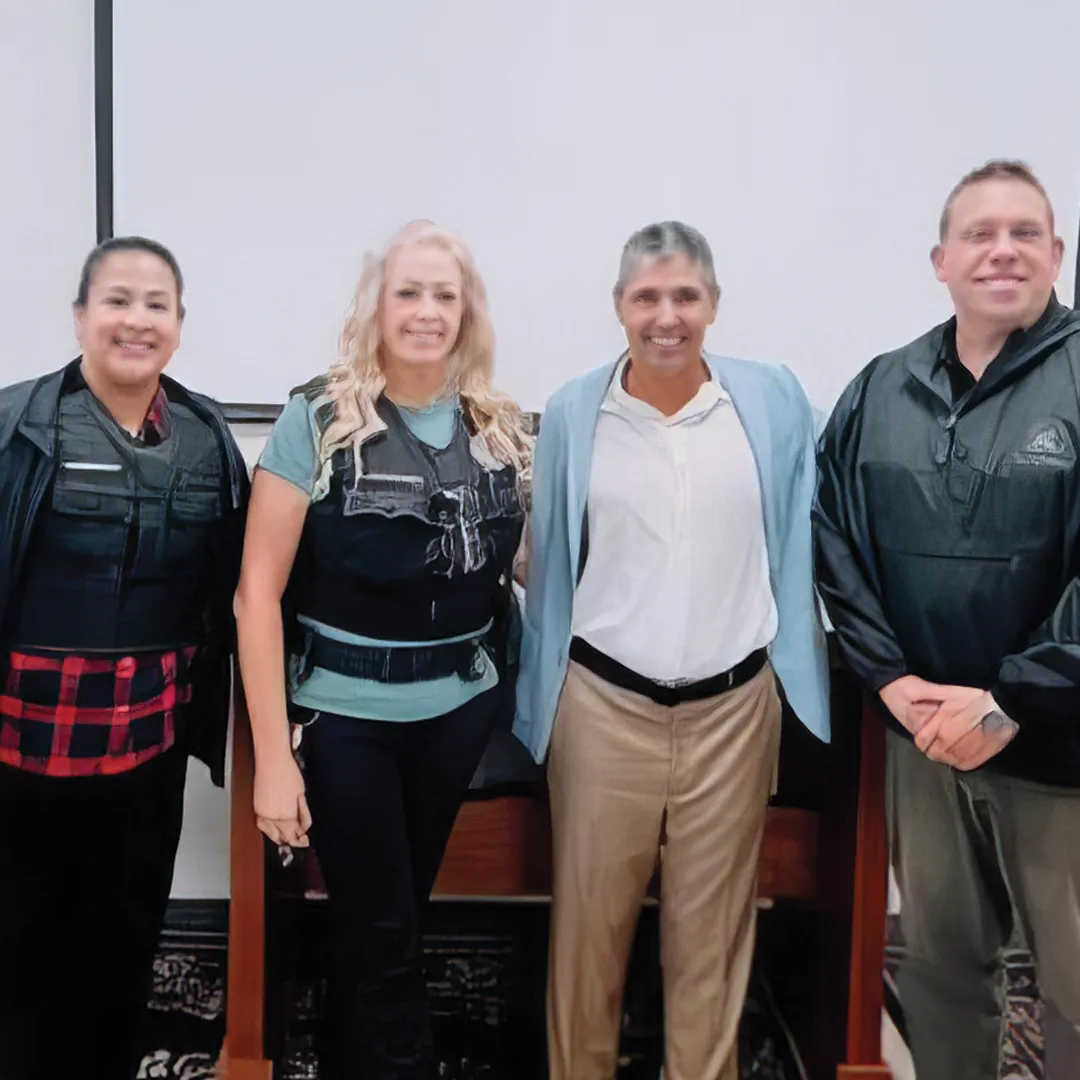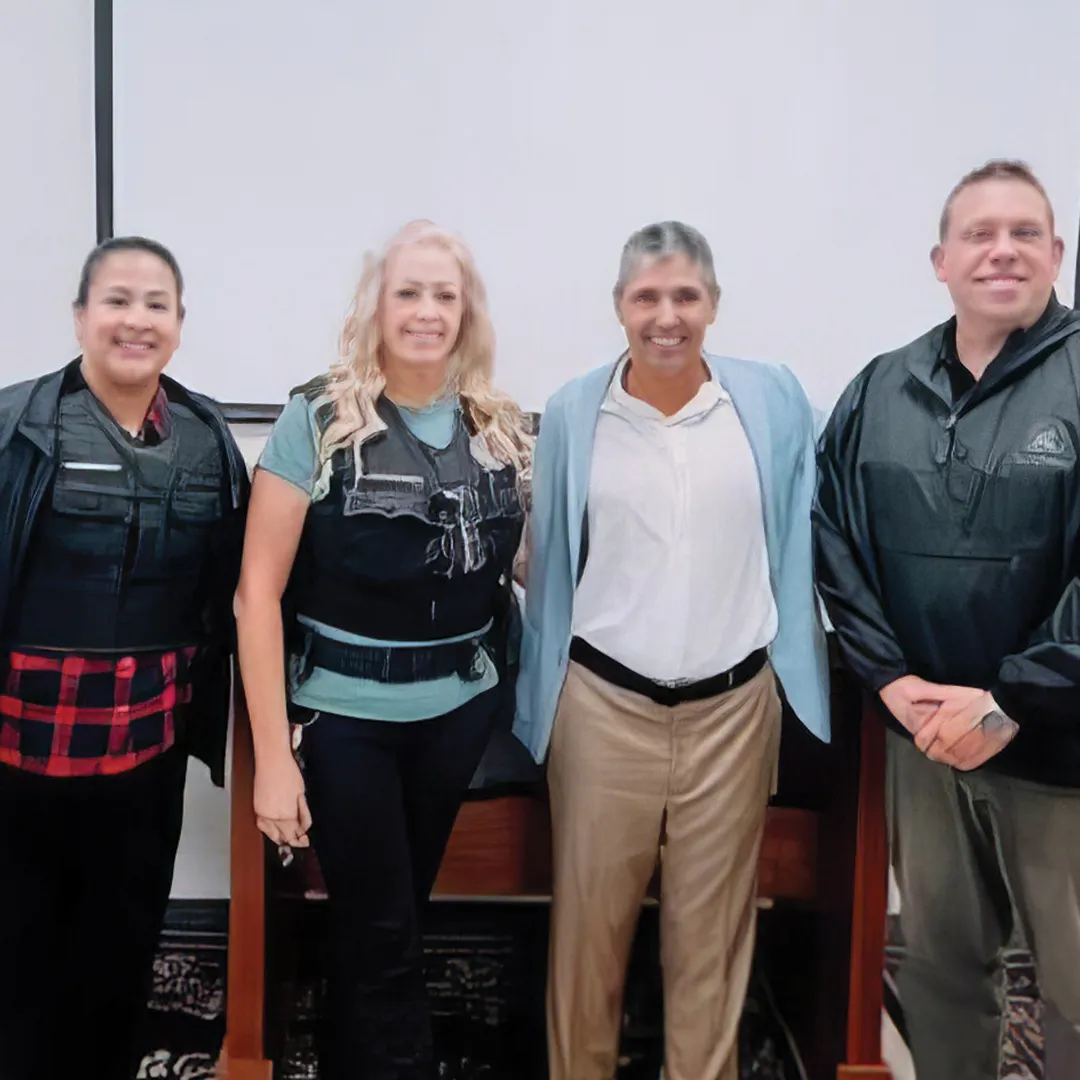
In July and August of 2025, I had the privilege of returning to FCC Victorville, where I made presentations at USP Victorville, FCI I, FCI II, and the Satellite Prison Camp (SCP). I am especially grateful to Warden Christian Lepe, the Complex Warden at Victorville, for welcoming me back.
I first met Warden Lepe years ago, when he was serving at USP Florence. During that visit, he personally walked me to the housing unit where I had once lived. I showed him the cubicle where I served part of my sentence. To reconnect with him now—this time as a free man, leading Prison Professors, and speaking to the people confined in his institutions—was both humbling and inspiring.
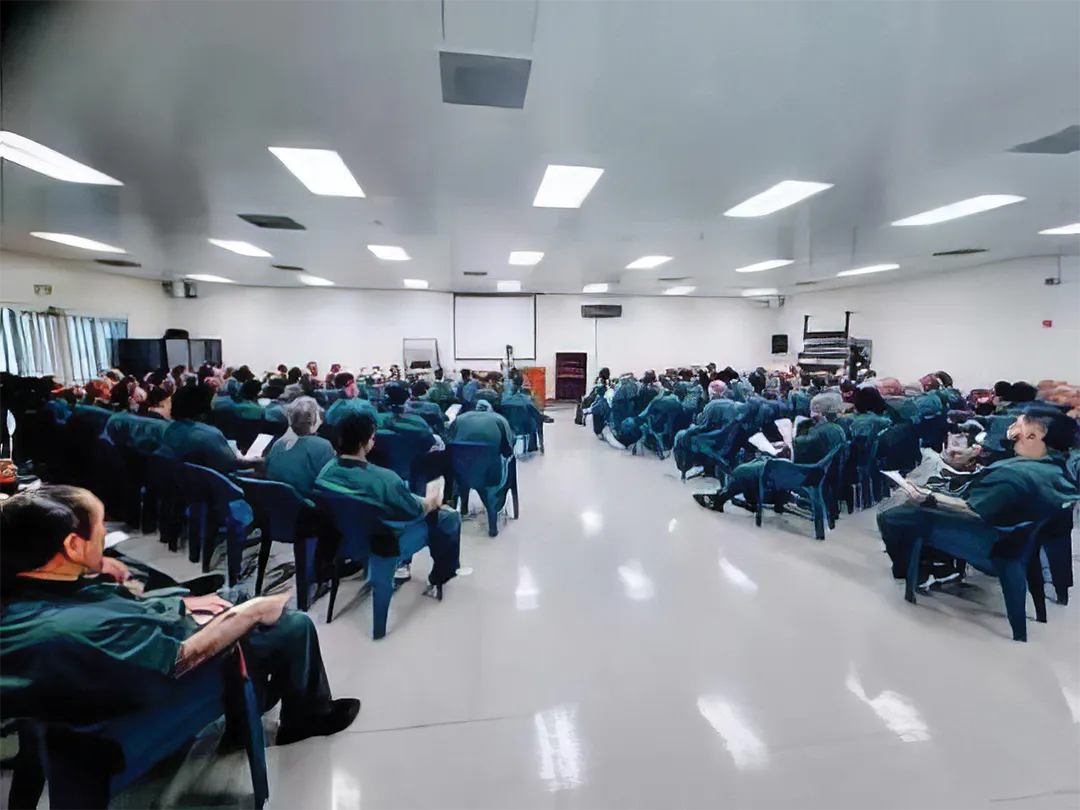
Messages of Hope Across the Complex
At each institution, I carried the same central message: Live as if you are the CEO of your life.
- At the USP, I spoke with men serving lengthy sentences. Having once started my own term inside a high-security penitentiary, I could identify with their challenges. I told them that while I continue to advocate for new reforms to expand opportunities to earn freedom, I needed their help. By lowering incident reports, reducing violence, and documenting their personal growth, they strengthen our case for change.
- At the FCIs, I encouraged men serving medium-security sentences to use their time to prepare actively for reentry. I explained that the choices they make today—writing biographies, keeping journals, filing book reports, and drafting release plans—create a transparent record of progress.
- At the Camp, I reminded those closest to release that their journey doesn’t end at the gate. Success also requires navigating the halfway house, home confinement, and supervised release. Those who memorialize their efforts and demonstrate preparation are best positioned to succeed at every stage.

Advocacy Through Documentation
At Prison Professors, we emphasize that preparation must be documented. Through our platform, people in custody can build profiles that include their biographies, journals, book reports, and release plans. Each entry earns points and contributes to a leaderboard.
These leaderboards do more than motivate individuals—they provide transparency. They allow us to show stakeholders that people in custody are striving toward excellence. With this data, we can advocate more effectively for policies that incentivize merit and create new opportunities for liberty, whether through lower security levels, work release, or home confinement.
Staff Support and Shared Mission
The Bureau of Prisons highlighted my visit on its official website, underscoring the impact these presentations had on participants. I am grateful to the entire Victorville staff for their support, especially Warden Lepe for his leadership.
Everywhere I went, staff emphasized the same message of preparation, responsibility, and growth. But many incarcerated people told me it resonated differently when coming from someone who had lived it. Having served 26 years, returned to society with my dignity intact, and now donating my time to help others, I could offer proof that change is real.
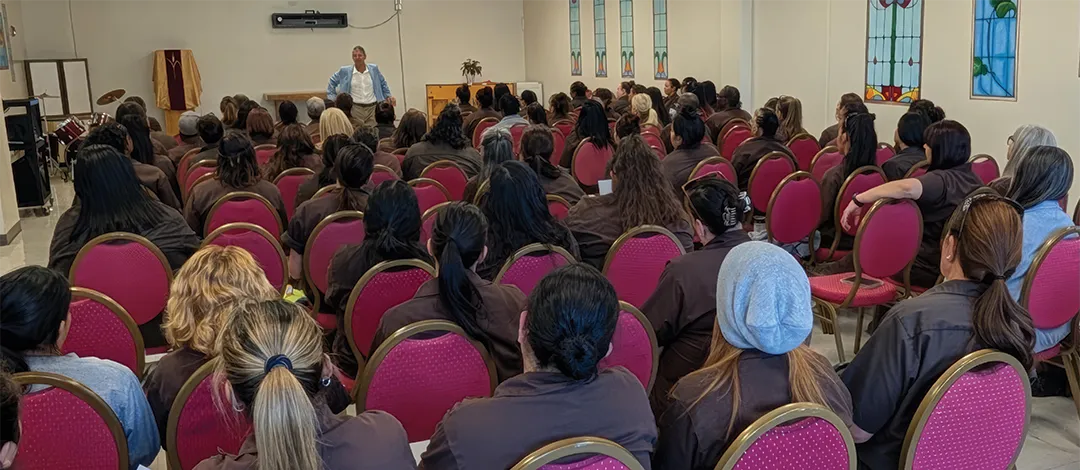
A Movement of Hope
Leaving Victorville, I carried with me the reminder that our work is not only about advocacy—it’s about transformation. Each profile built, each journal entry written, each release plan drafted is more than personal preparation. It is part of a movement to show that prison can break you, or it can build you—you decide.
I thank Warden Lepe, the wardens of each institution, and all the staff at FCC Victorville for their hospitality and support. Together, we can build a system that rewards preparation, incentivizes excellence, and restores hope to every person who wants a better future.
